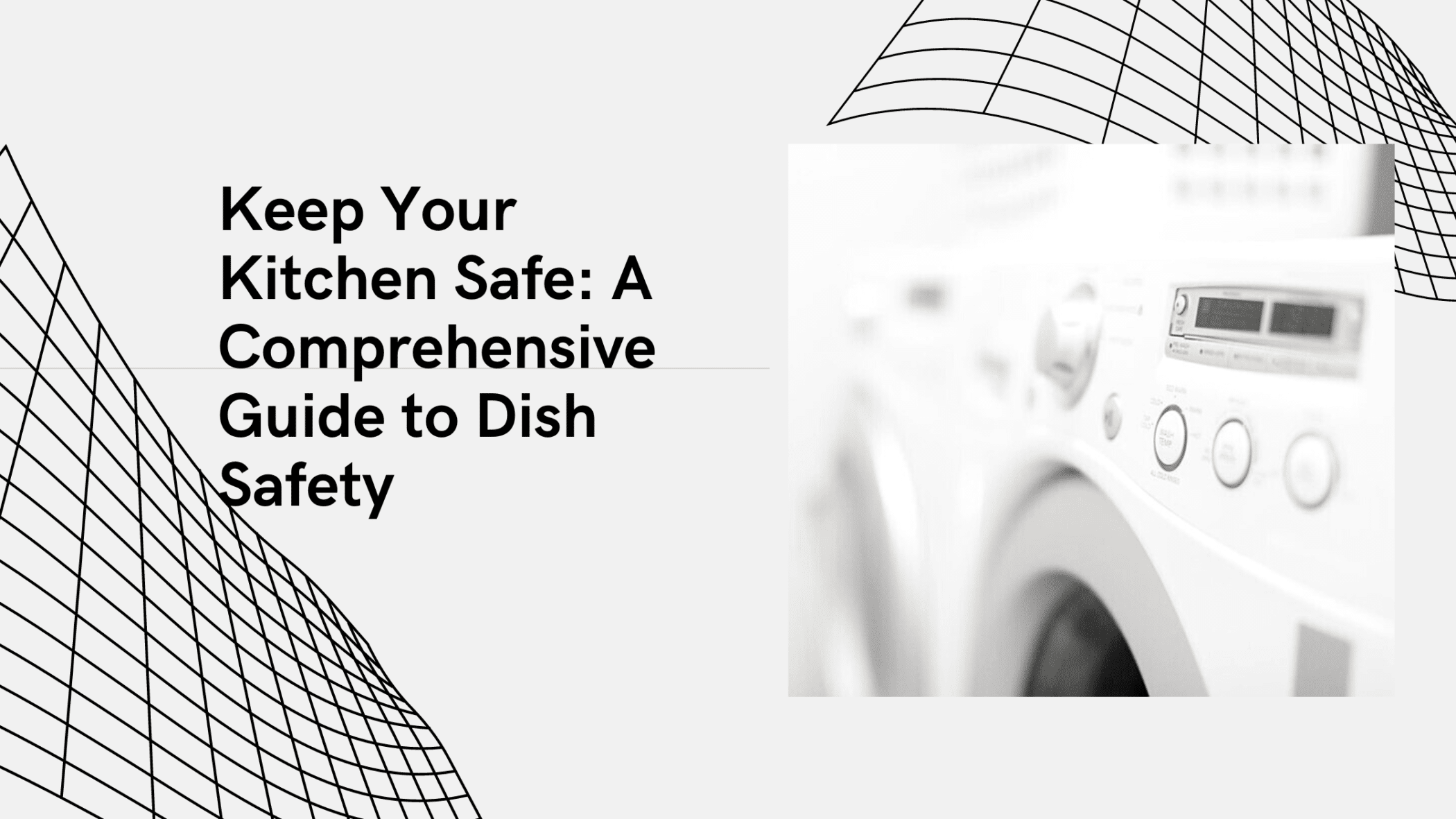Table of Contents
The kitchen is the heart of the home, and for many families, mealtime is an essential time to come together and enjoy a home-cooked meal.
With so much activity going on in the kitchen, it’s important to prioritize safety to avoid accidents and injuries.
One area of particular concern is dish safety, which includes everything from handling dishes to cleaning them. In this guide, we will cover the essential tips and tricks to keep your kitchen safe and hygienic.
Handling Dishes
Handling dishes may seem like a straightforward task, but there are still risks involved. Here are some tips to keep in mind when handling dishes:
Use Proper Technique
When carrying a stack of dishes, hold them close to your body, and use both hands. This will help you maintain balance and avoid dropping them. Additionally, when washing dishes, be mindful of sharp utensils or glassware, and handle them with care.
Watch Out for Broken or Chipped Dishes
Broken or chipped dishes can be dangerous, as they can easily cut or scratch you. Inspect your dishes regularly, and throw away any that are damaged.
Avoid Overloading the Dishwasher
Overloading the dishwasher can lead to poor cleaning results and even cause dishes to break. Follow the manufacturer’s guidelines for loading the dishwasher, and make sure there is enough space between dishes.
Cleaning Dishes
Proper cleaning of dishes is not only important for hygiene but also to avoid cross-contamination. Here are some tips to keep in mind when cleaning dishes:
Use Hot Water
Hot water is essential for effective cleaning of dishes, as it helps to remove grease and bacteria. Make sure your dishwasher or sink is set to the proper temperature for hot water.
Use the Right Detergent
Different types of dishes require different types of detergents. For example, using dish soap to clean cast-iron skillets can damage the seasoning. Always check the manufacturer’s guidelines for the recommended detergent.
Rinse Thoroughly
Rinsing dishes thoroughly after washing is essential to remove any residual soap or detergent. This will help prevent soap residue from contaminating your food.
Storing Dishes
Proper storage of dishes is essential to avoid damage and ensure they stay clean. Here are some tips for storing your dishes:
Store in a Clean and Dry Place
Storing dishes in a clean and dry place is essential to avoid contamination and damage. Make sure your cabinets are clean and dry before storing dishes.
Store Heavy Dishes on Lower Shelves
Heavy dishes should be stored on lower shelves to avoid them from falling and breaking other dishes. Additionally, storing heavy dishes on upper shelves can make them difficult to reach and pose a risk of dropping them.
Stack Dishes Neatly
Stacking dishes neatly can help save space and prevent them from shifting and falling. Make sure that plates are stacked with the largest on the bottom and the smallest on top.
Conclusion
In conclusion, dish safety is an essential aspect of kitchen safety that should not be overlooked. Proper handling, cleaning, and storage of dishes can help prevent accidents and injuries, and ensure your dishes stay hygienic.
By following the tips outlined in this guide, you can keep your kitchen safe and enjoy a meal with your loved ones without worrying about accidents.
You Might Want to Read:

